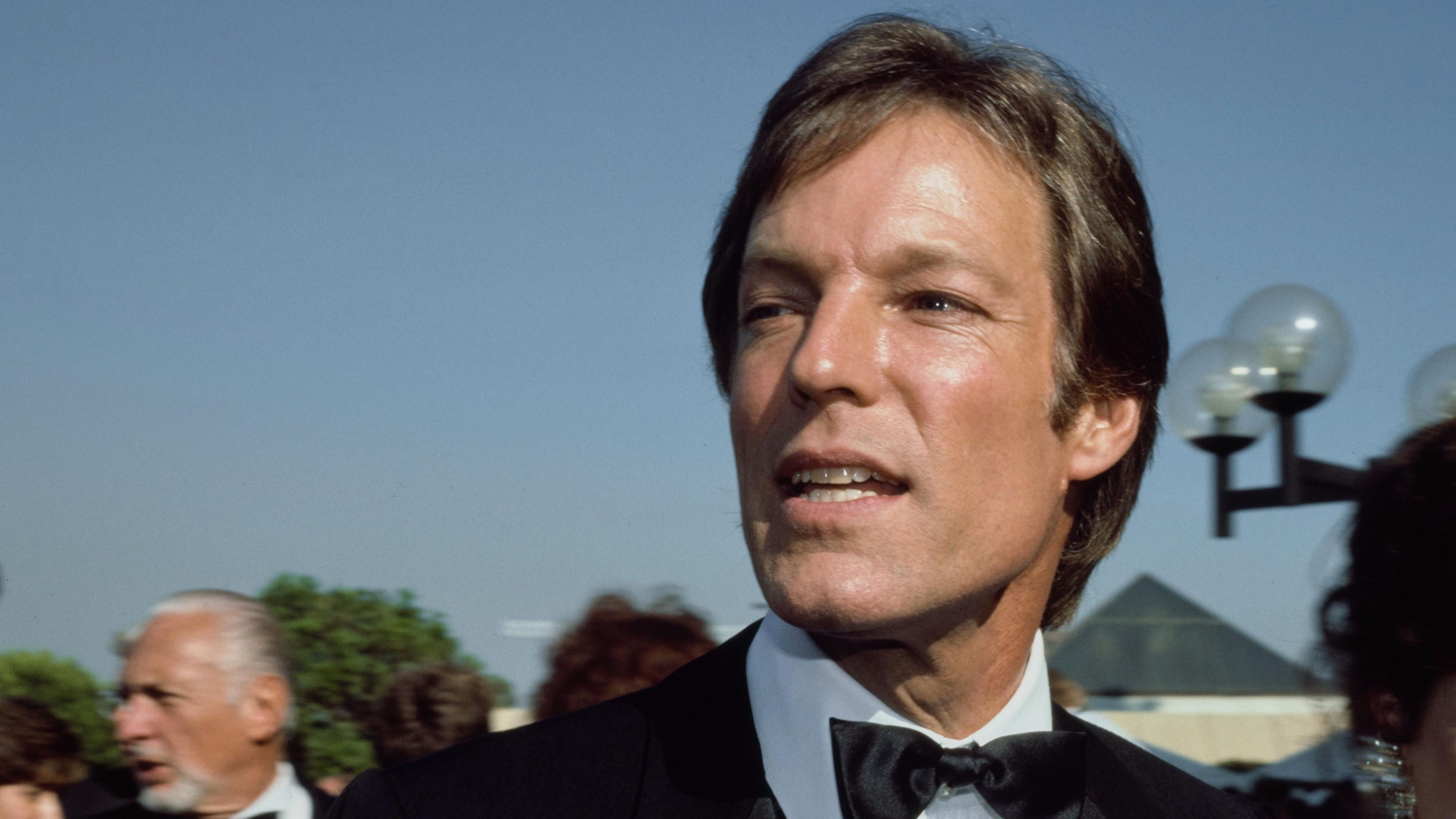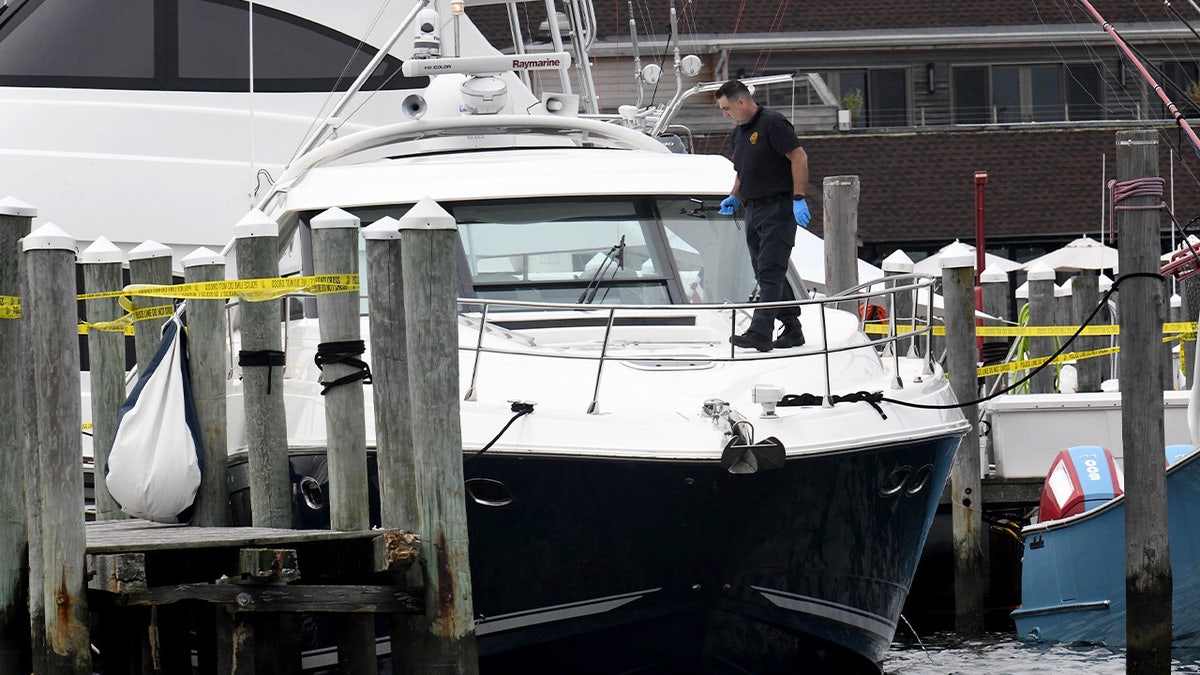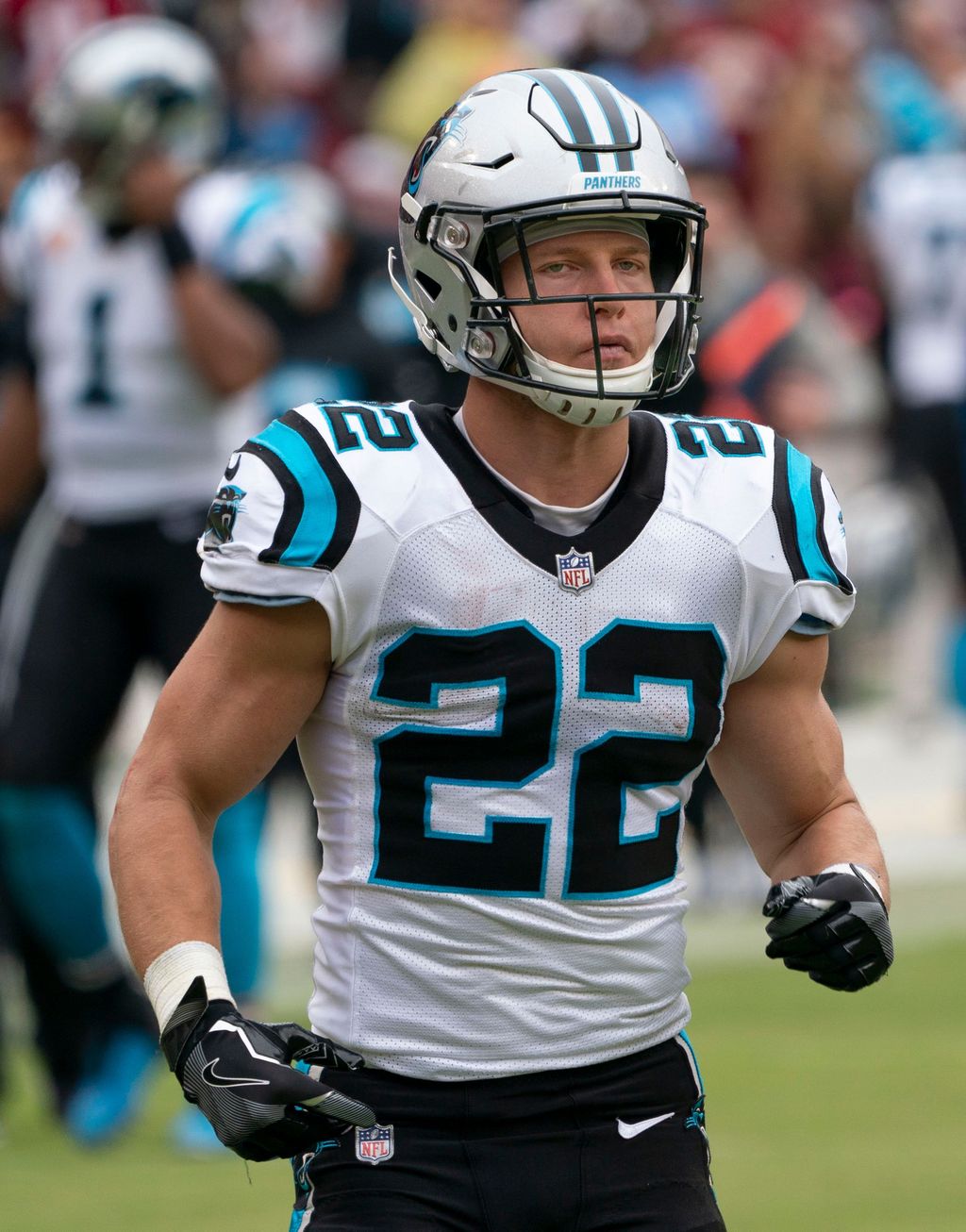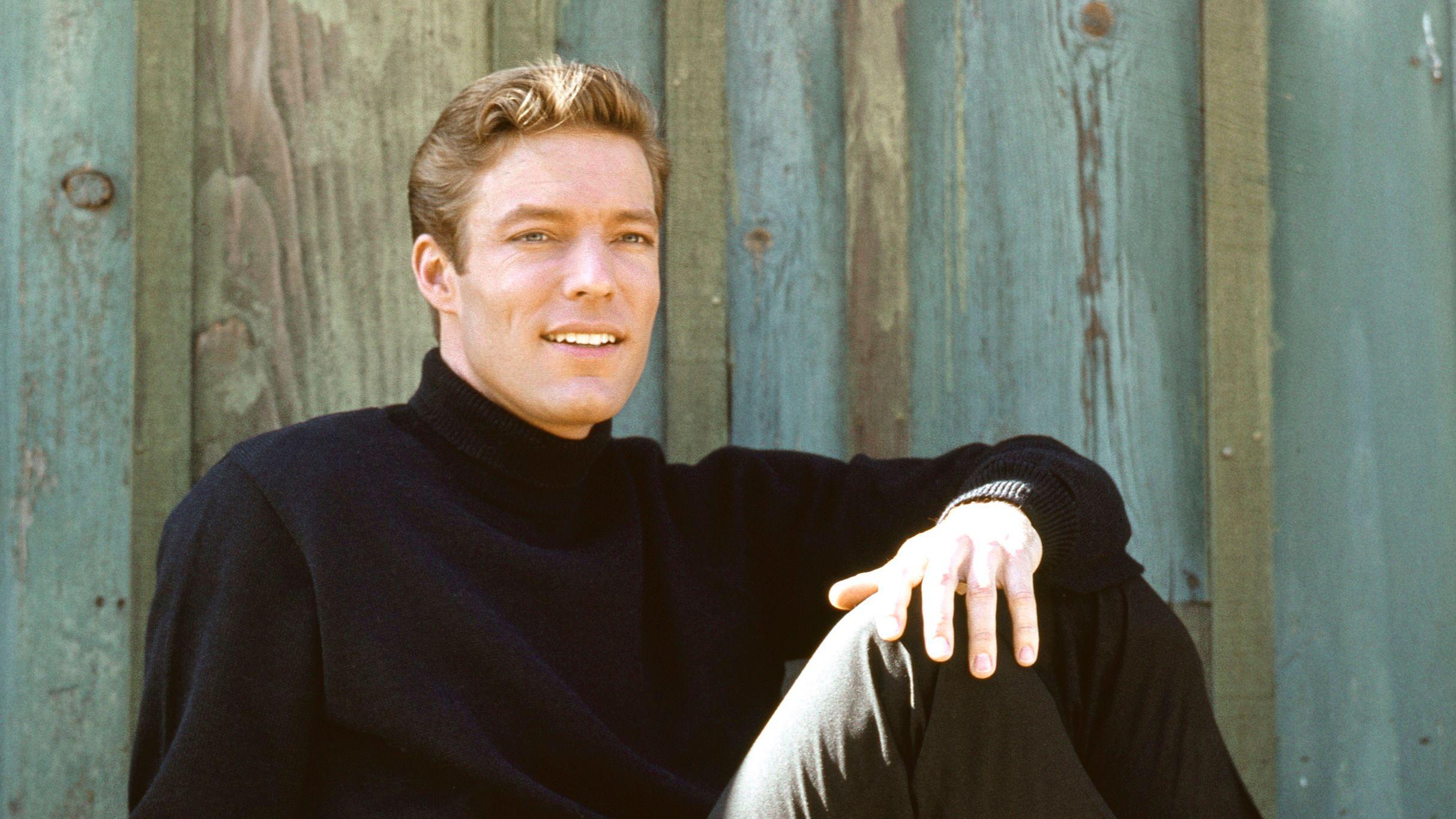
The entertainment world recently mourned the passing of Richard Chamberlain, a charismatic actor whose career spanned over five decades, leaving an indelible mark on both television and film. Known affectionately by many as ‘the king of the miniseries,’ Chamberlain captivated audiences with his suave demeanor and an uncanny ability to portray heroic, sensitive, and often complex figures, frequently concealing deep secrets or navigating internal turmoil. His long and distinguished life, culminating at the age of 90, serves as a testament to his enduring talent and the significant breadth of his work.
From the early 1960s, when he first rose to household name status, through his later years, Chamberlain consistently chose roles that showcased his remarkable versatility. While many will recall his iconic turns in sweeping historical dramas, his filmography is rich with performances that challenged perceptions and pushed artistic boundaries. We’re here to celebrate this extraordinary actor by looking back at 10 of his most varied and impactful roles, delving into what made each one truly special and cementing his place as a beloved figure in cinematic history.
This journey through his filmography highlights how Chamberlain, an American-born military veteran, masterfully utilized his aristocratic looks to embody a diverse array of characters, from British monarchs to amnesiac spies, often imbuing them with a compelling depth that resonated with viewers. His career became particularly fascinating as he shed the initial ‘matinee idol’ trappings, opting for more challenging parts that, in retrospect, hinted at a deeper, more nuanced performer than his early wholesome image suggested. Join us as we explore the roles that define the legendary career of Richard Chamberlain.
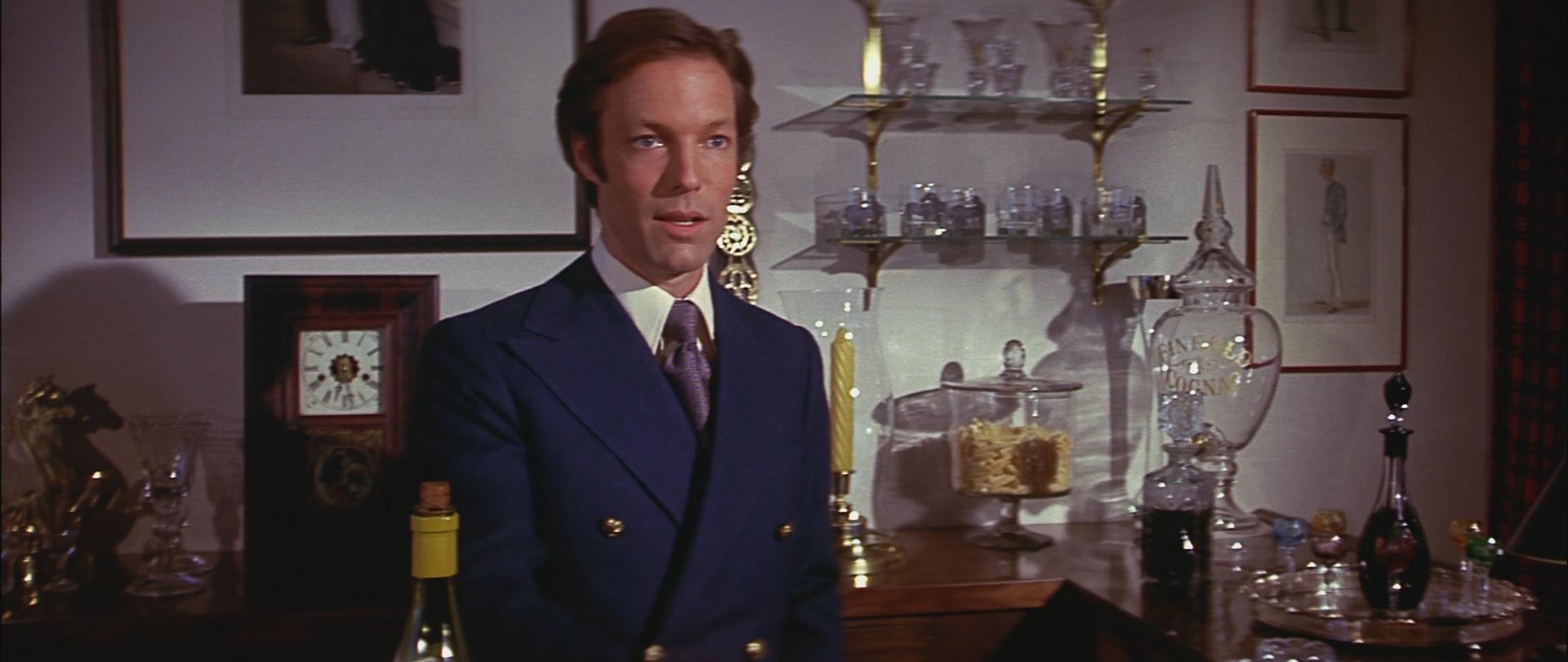
6. **Roger Simmons, The Towering Inferno (1974)** The 1970s were the golden age of big-budget, star-studded disaster films, and ‘The Towering Inferno’ stands out as a quintessential example of the genre, remembered not only for its groundbreaking visual effects but also for its powerhouse cast. In a film featuring two of Hollywood’s biggest stars, Paul Newman and Steve McQueen, Richard Chamberlain took on the villainous role of Roger Simmons, a slimy electrical subcontractor whose cost-cutting measures are directly responsible for the catastrophic skyscraper fire.
It was typical of Chamberlain, known for his ability to quietly command attention, to insert himself between these two colossal leading men and, as the context aptly puts it, ‘waltz away with the picture.’ While the critical plaudits and awards largely went to Fred Astaire’s sprightly conman, Chamberlain’s performance as Simmons was crucial. He brilliantly conveyed a charismatic yet deeply nefarious individual, revealing a dark side that was both convincing and compelling. This portrayal was a further evolution in his career, showcasing his remarkable range beyond heroic or conflicted leads.
His ability to play such a despicable character with a certain charm, making the audience despise his actions while still being captivated by his presence, stood him in excellent stead for some of his most famous and demanding roles to come. ‘The Towering Inferno’ cemented Chamberlain’s capacity to elevate even a supporting antagonist role in a blockbuster, demonstrating his unique talent for infusing complex motivations into seemingly straightforward villains.
Richard Chamberlain’s career was a testament to versatility, a journey from teen idol to the ‘king of the miniseries,’ consistently surprising audiences and critics with his depth. As we delve into the top half of his most impactful performances, we find roles that not only showcased his evolving talent but also solidified his place as a true acting legend. These are the performances that cemented his legacy, portraying complex characters with a nuance that transcended genres and expectations.

5. **Lord Byron, Lady Caroline Lamb (1972)**Robert Bolt, the acclaimed screenwriter of ‘Lawrence of Arabia,’ ventured into directing with ‘Lady Caroline Lamb,’ a biopic centered on Byron’s most famous lover. To bring the aristocratic poet Lord Byron to life—a figure famously described as “mad, bad and dangerous to know”—the film desperately needed an actor who could project both seductive charisma and a compellingly saturnine menace. Richard Chamberlain, stepping into this pivotal role, proved to be an inspired choice, eager to embrace new challenges beyond his established persona.
Chamberlain himself commented on the novelty of the role, stating, “I’ve been playing zanies and eccentrics for the past few years, so Byron is new for me. He was like this incredible pop star.” This insight perfectly encapsulates his performance, which masterfully blended the poet’s legendary charm with an underlying intensity. Despite the film’s struggles and Bolt’s subsequent disavowal, Chamberlain’s dashing, pop-star-like portrayal utterly steals the show, even from seasoned cameo players like Laurence Olivier and Ralph Richardson, and from the rather subdued Sarah Miles in the lead role.
His magnetic presence in ‘Lady Caroline Lamb’ makes one wish the film had simply been titled ‘Byron,’ a clear indication of how completely he embodied the character. This performance underscored Chamberlain’s growing willingness to take on complex, non-traditional leading roles and his remarkable ability to infuse even an unsuccessful picture with unforgettable star power. It was a crucial step in his transition from a ‘white-bread wholesome’ image to a more nuanced and daring actor.

4. **Tchaikovsky, The Music Lovers (1971)**In what was, in retrospect, a remarkably bold move for an actor who had long repressed his own homosexuality, Richard Chamberlain took on the role of the similarly closeted composer Tchaikovsky in Ken Russell’s avant-garde musical drama, ‘The Music Lovers.’ This 1971 film delves into the tumultuous and compromising marriage of Tchaikovsky to his wife Nina, played by Glenda Jackson, alongside his forbidden passion for Christopher Gable’s Count Anton Chiluvsky. It was a role that, subtly and profoundly, echoed Chamberlain’s own personal struggles.
‘The Music Lovers,’ even by Ken Russell’s famously unconventional standards, is challenging cinema. Largely devoid of traditional dialogue, the narrative unfolds through the juxtaposition of Tchaikovsky’s emotionally charged music with Russell’s signature surrealist and often highly sexualized imagery. Within this intense and visually audacious framework, Chamberlain delivers a performance that is both dignified and charismatic, standing in stark contrast to Jackson’s more flamboyant work opposite him.
Chamberlain’s portrayal of the anguished Peter Tchaikovsky remains one of his most underrated contributions to cinema, capturing the composer’s internal turmoil and artistic genius with remarkable restraint and depth. Critics, including those reflecting on his career, often cite this as his second-best big-screen role, acknowledging the courage and skill required to navigate such a complex character within Russell’s unique artistic vision. It further solidified his reputation as an actor capable of profound and nuanced dramatic work.

3. **John Blackthorne, Shōgun (1980)**The 1980 miniseries ‘Shōgun,’ based on James Clavell’s 1975 novel, marked a pivotal moment in Richard Chamberlain’s career and in television history. As John Blackthorne, an English navigator shipwrecked in feudal Japan during the 17th century, Chamberlain became embroiled in the intricate political struggles of Yoshi Toranaga, played by Japanese cinema superstar Toshiro Mifune. This immersive and ambitious production gave NBC its highest ratings at the time, with an astonishing 32.9% of all American households watching at least some of the series.
While the more recent 2024 adaptation has garnered widespread acclaim for its complexity and nuance, the original ‘Shōgun’ was a groundbreaking success in its own right, earning a Golden Globe and an Emmy for Best Limited Series. Chamberlain’s portrayal of Blackthorne was central to its success, showcasing his charisma, decency, and heroism in equal measure. Though the earlier series placed a greater emphasis on Blackthorne’s character, reflecting audience expectations of its era, Chamberlain’s performance was undeniably terrific in this beefed-up central role.
For his captivating work, Chamberlain deservedly won a Golden Globe for Best Actor in a Television Series – Drama and received an Emmy nod. Beyond the awards, his performance in ‘Shōgun’ is widely credited with helping to spark a significant interest in Japanese culture among American audiences. The overwhelming success of this miniseries directly paved the way for his even more iconic role a few years later, cementing his status as the ‘king of the miniseries’ and demonstrating his versatility in embodying complex characters in diverse historical settings.
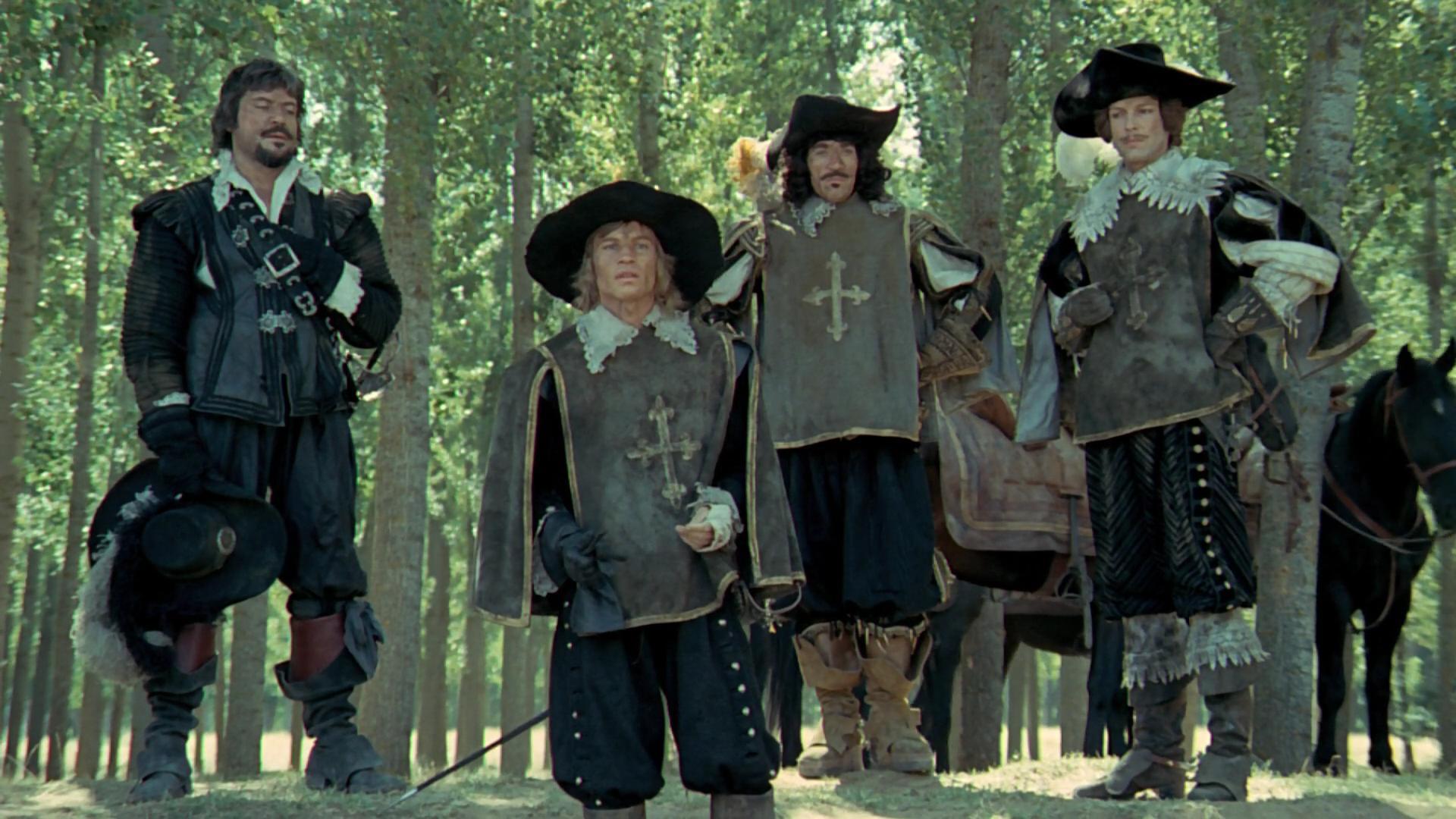
2. **Aramis, The Three Musketeers/The Four Musketeers (1973/1974)**Richard Chamberlain brought his signature charm and wit to the role of Aramis in Richard Lester’s dual adaptations of Alexandre Dumas’s classic novel: ‘The Three Musketeers’ (1973) and its 1974 sequel, ‘The Four Musketeers.’ These two films were originally shot together as a single three-hour epic, but the producers, Alexander and Ilya Salkind, made the commercially driven decision to release them as two separate features. This move, while perhaps not artistically motivated, allowed audiences to savor more of Chamberlain’s most successful cinematic performance.
As the poetic and debonair Aramis, Chamberlain’s portrayal captivated audiences. His character’s refined and gentlemanly sensibilities were perfectly balanced by his lethal skill in a duel, creating a compelling and sophisticated musketeer. This role offered a superb showcase for his range, adding a layer of elegance and sophistication to the swashbuckling adventure tale. His on-screen presence, often shared with formidable co-stars like Oliver Reed, Michael York, and Frank Finlay, consistently shone through.
Despite his American origins, Chamberlain’s performance as Aramis even led to speculative discussions about him potentially taking on the role of James Bond. While his later portrayal of Jason Bourne might be a more direct spy role, his debonair and coolly reserved Aramis arguably provides a better glimpse into what he might have been like as the iconic 007, potentially becoming the first openly gay actor to play the part, though he would not confirm his sexuality until much later in life. This role undoubtedly cemented his status as a formidable and versatile leading man in feature films during his peak years.

1. **Ralph de Bricassart, The Thorn Birds (1983)**Without a shadow of a doubt, Richard Chamberlain’s most iconic, beloved, and defining role is that of Father Ralph de Bricassart in the 1983 miniseries ‘The Thorn Birds.’ Based on Colleen McCullough’s bestselling novel, this immensely successful series captivated audiences worldwide with its sweeping saga of forbidden love between a Catholic priest and Meggie Cleary, played by Rachel Ward. It was the role that truly solidified Chamberlain’s reputation as ‘the king of the miniseries,’ a title he would carry with pride.
The miniseries, though perhaps appearing melodramatic and eventful to contemporary viewers, retains a powerful guilty-pleasure appeal, largely due to Chamberlain’s masterful performance. He won another Golden Globe for his portrayal of Ralph, a character tormented by all-too-human desires despite his sacred vows. While the concept of a conflicted priest is not entirely original, Chamberlain infused Ralph with a profound sympathy and even heroism in his forbidden passion, drawing perhaps from his own deeply guarded secrets throughout his life.
‘The Thorn Birds’ was a tremendous success, earning numerous Emmy nominations for its cast, with Barbara Stanwyck, Richard Kiley, and Jean Simmons taking home awards. Chamberlain’s third Golden Globe for this role, coupled with the series winning Best Miniseries or Motion Picture Made for Television, underscored its critical and popular triumph. He even reprised the role 16 years later in ‘The Thorn Birds: The Missing Years,’ although it is the original that continues to endure as the quintessential portrayal in his legendary career.
Richard Chamberlain’s remarkable journey through Hollywood, from the compassionate Dr. Kildare to the conflicted Father Ralph, showcased an actor who was consistently willing to push boundaries and embody characters of immense depth and complexity. His ability to charm audiences while delving into the darkest corners of human nature is a testament to his profound talent. As we reflect on these unforgettable performances, it becomes clear that his legacy is not just one of a prolific actor, but of a true artist who left an indelible mark on the landscape of film and television, enriching our lives with his compelling portrayals. His work continues to resonate, reminding us of the enduring power of great storytelling and the unique magic he brought to every role.

